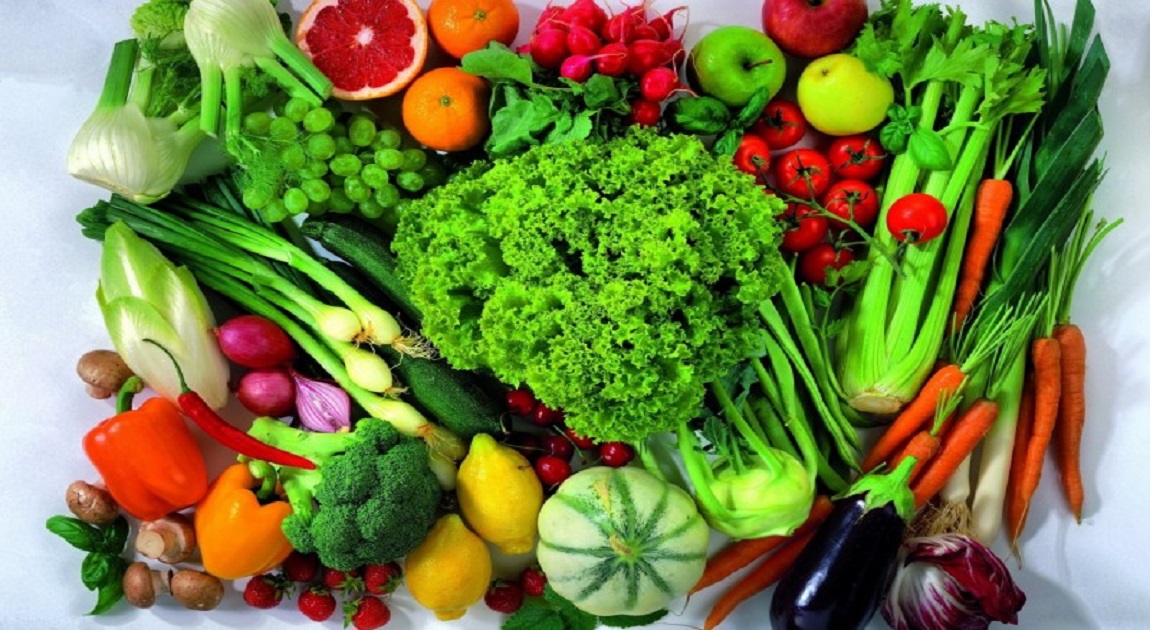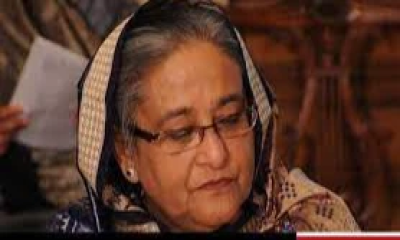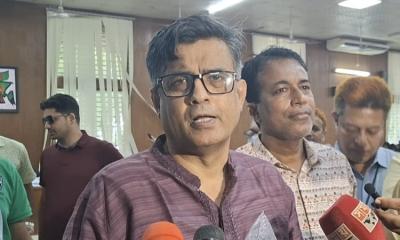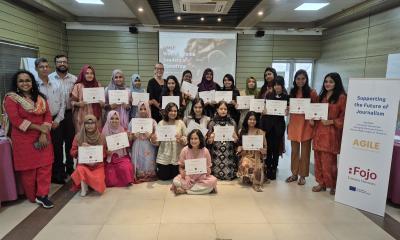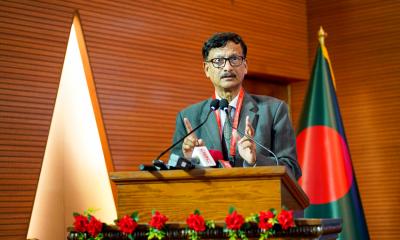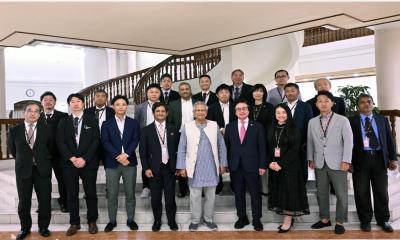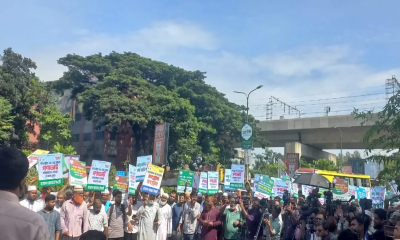As people are increasingly becoming more aware of health, environmental and safety issues, the demand of organic foods is steadily rising in the city areas of Bangladesh.
However, a pressing question remains largely overlooked-how genuinely organic are the foods marketed as such in the country?
By definition, organic foods are grown without synthetic fertilisers, pesticides, or genetically modified organisms (GMOs), aiming to sustain ecological balance and ensure healthier produce.
However, Bangladesh faces major structural and practical barriers in verifying and implementing organic standards.
One of the central challenges is the lack of certification and regulatory enforcement. The National Organic Agriculture Policy 2016 outlines strategic directions for organic farming, yet experts point out that its implementation has been largely ineffective.
There is little to no third-party certification for most products labelled as “organic,” making the authenticity of such claims questionable.
International organic certification, such as the USDA organic label, is considered the gold standard, but in Bangladesh, only two companies—Organic Nutrition Limited and Kazi & Kazi Tea—have achieved certification for selected products.
Certification is a lengthy process, typically spanning three years, involving rigorous inspections and adherence to strict standards. This barrier discourages many local producers from seeking formal approval.
Agricultural experts also argue that true organic farming is scarcely feasible in Bangladesh due to high population density and limited arable land.
Even if a farmer adopts organic methods, neighbouring lands using synthetic inputs can contaminate the organic field through water runoff or wind, making cross-contamination unavoidable.
Furthermore, most farmland has a history of chemical use and would require a multi-year transition period to detoxify the soil—a process that is economically unviable for most small-scale farmers.
In many cases, food marketed as organic in Bangladesh may be “comparatively safer” than regular produce, but not entirely free of synthetic inputs or GMOs.
As such, branding these items as fully organic without proper certification may amount to misleading advertising.
While some entrepreneurs and organisations promote natural or biodiversity-based farming as alternatives to corporate-driven organic agriculture, experts warn that such initiatives still fall short of guaranteeing authenticity unless regulated and standardised.
On the marketing side, many retailers and online platforms capitalize on consumer trust by using the “organic” label, often without disclosing their sourcing or verification practices.
Attempts to contact such vendors for clarification often go unanswered, raising further doubts about transparency.
Some experts caution against an over-reliance on organic food without proper understanding.
Not only are most products not verifiably organic, but exclusive consumption may also pose health questions, as limited exposure to environmental microbes could impact immune resilience.
In conclusion, while the organic food trend in Bangladesh is gaining traction, the organic claim remains largely unverified and unregulated.
Without proper certification systems, institutional oversight, and scientific validation, most so-called organic foods in the country cannot be guaranteed as truly organic.
At best, they may be a safer alternative—but far from what internationally accepted organic standards demand.


